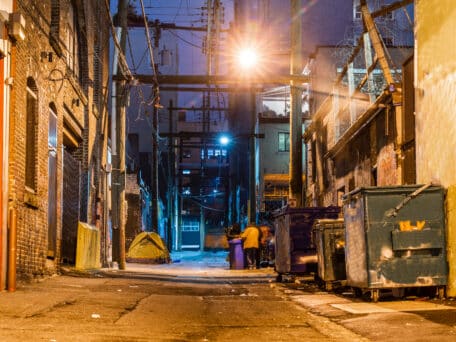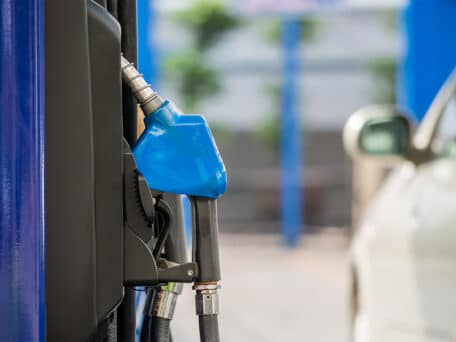A dispute review board found Washington State should pay its contractors—Seattle Tunnel Partners (STP)—for “tackling severe groundwater flows at the Highway 99 tunnel machine’s launch pit” in Seattle’s Sodo district. The dispute between the state and STP over who would pay for the added costs arose after the contractors filed a change-order request worth $20 million two years ago—a request the state denied.
The dispute board did not specify the amount that the Washington State Department of Transportation (WSDOT) owes to STP, “only that it should shoulder the bill because groundwater conditions differed from data the state gave contractors.” The Seattle Times reports that WSDOT’s “1.44 billion tunnel-construction contract already contains a $40 million fund for unexpected soil conditions and major interventions, such as breaking boulders in front of tunnel-boring machine Bertha.”
Yesterday, Todd Trepanier, the state’s Highway 99 administrator, told the state House Transportation Committee that the amount due “can be paid for without what is considered a cost overrun in the budget.” As optimistic as Trepanier’s assurances sound, the reality of the dispute board’s decision forebodes a more sinister future for taxpayers.
The headaches caused by Highway 99 project are ongoing. As the Seattle Times points out, the dispute board’s finding “proves that the state can’t continue to presume taxpayers will be safe from cost increases.” Particularly, the costs accumulated by Bertha, the tunnel boring machine, which has been stalled near Pioneer Square for more than a year. Rather, the decision is “an early step among many, which could include negotiations, arbitration or lawsuits to determine who pays for added costs.”
The dispute board’s finding has left state officials singing a very different tune than last year. Just last April, Trepanier insisted that there was a “very slim chance” taxpayer would shoulder the burden of STP’s change-order request, which were then estimated at $190 million.
Yesterday, Trepanier was forced to admit to the state House Transportation Committee that more disputes are expected. In total, STP’s change-order requests have reached $210 million—that figure includes the estimated cost of $125 million for Bertha’s delays and repairs. By contrast, the state has $144 million in in contingency and intervention funds.
The Seattle Times reports that committee member Rep. Jesse Young, R-Gig Harbor, asked the question on everyone’s mind: “If $20 million is slipping away, what happens after $210 million in claims, if the state losses exceed the tunnel’s reserves?”
Trepanier reverted back to past reassurances and “replied that the state has already denied three-fourths of the money contractors requested.” But, it was Democrat committee chair Rep. Judy Clibborn’s reaction raises eyebrows.
According to the Seattle Times, Rep. Young’s question prompted Rep. Clibborn to “ask that members take detailed questions “offline” after the hearing.” Clibborn’s history with the Highway 99 project explains her desire to protect it from criticism by discouraging government transparency.
Clibborn—along with then-state Sen. Ed Murray—was “a key backer of the 2009 bill choosing a deep-bore tunnel.” And, yesterday, she made sure to not only protect the project from criticism but also compliment Trepanier and WSDOT Chief Engineer Linea Laird. She said, “Thank you for keeping a cool head. Thank you for staying the course. We expect to get it done. We expect to get it paid for, without the taxpayers taking a huge hit.”
Clibborn’s move to shutdown GOP questioning on cost over-runs does not leave much hope for the prospect of needed WSDPT reforms—without which taxpayer will carry an even heavier burden now and in the future. As Shift pointed out, it’s important that any transportation package passed by the Legislature in 2015 include reforms that work to repair public trust in WSDOT. The many blunders involved with the Highway 99 project demonstrate the desperate need for accountability and transparency reform in WSDOT—Clibborn should push for these reforms, not try to protect WSDOT by discouraging transparency.




